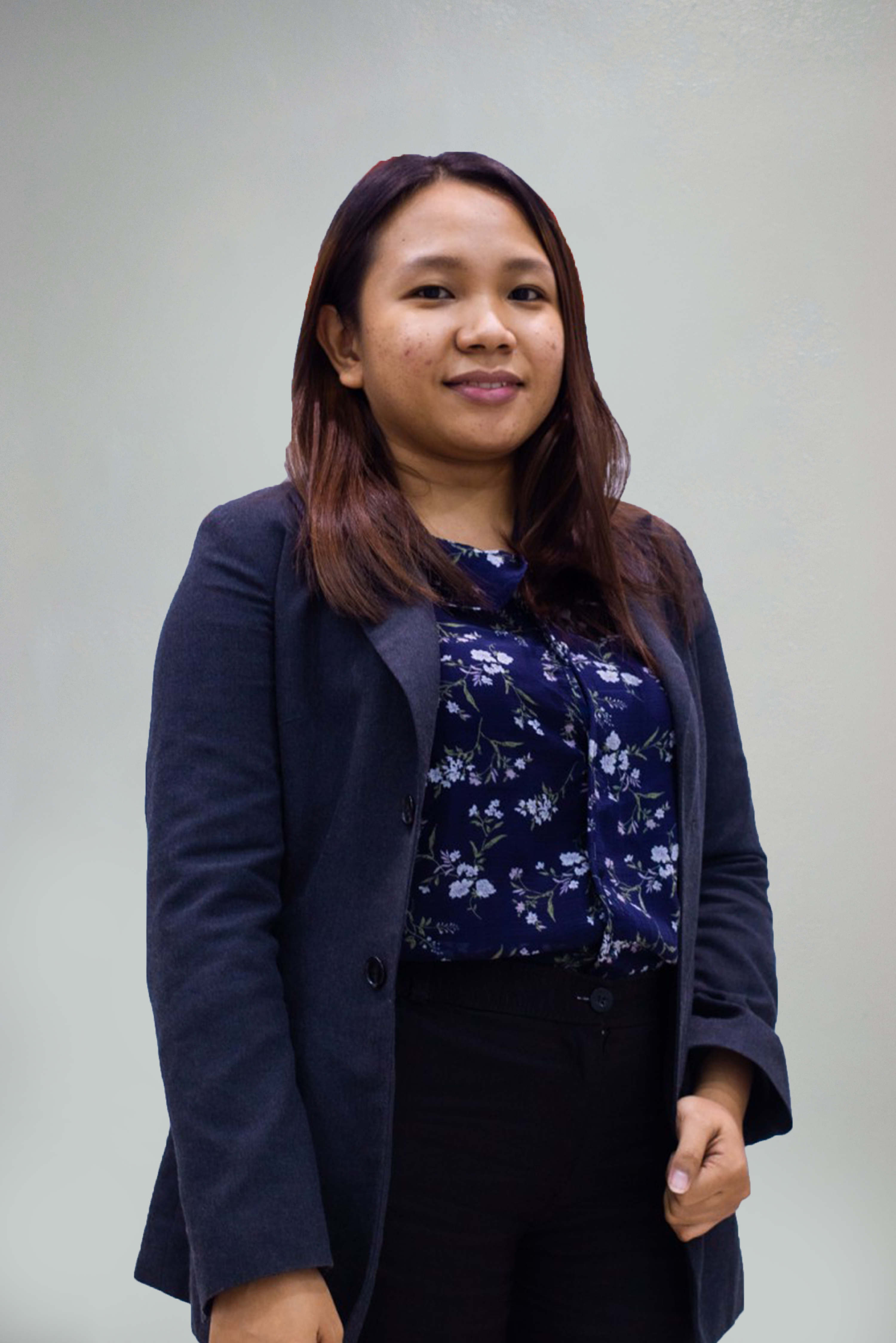 QAR Implementation Dilemmas
QAR Implementation Dilemmas

By Laurice Mae Calantas
BY Dec. 15, 2022, all certified public accountants or CPAs in public practice are required to
have quality management systems designed and implemented in accordance with ISQM 1 (International
Standards on Quality Management 1). The QAR (Quality Assurance Review) program will undoubtedly be
beneficial to CPAs in public practice and businesses alike as it, if done right, will raise the bar
and quality of the former's services and, in turn, increase the latter's confidence in the assurance provided.
But like with any new and/or revised standards, rules and regulations, QAR implementation requires
extensive preparation and will naturally elicit concerns from the affected persons and organizations.
In a recent ACPAPP general membership meeting, solo and small practitioners noted that if large firms
were encountering issues and difficulties in the design and implementation of QAR in their own organizations,
how much more for solo practitioners and small firms?
Noteworthy issues faced by many CPAs in public practice (especially sole practitioners and small and medium-sized
entities) are a professional staff shortage, the required partnership structure and costs, among others.
It is not a secret that during the past few years, most (if not all) firms have had a hard time recruiting and
retaining CPAs due to the continuous postponement of the Certified Public Accountant Licensure Exam because of the
pandemic, low passing rates, and differing preferences and demands of existing and newly licensed professionals.
The requirement of Revised SRC Rule 68 for SEC-accredited firms and practitioners has also put sole practitioners
and firms with less than two partners in a pickle. Thanks to the initiative of the Acpapp, the SEC, through Memorandum
Circular 6, Series of 2022 on June 9, 2022, granted the extension of the compliance deadline for SEC-accredited external
auditors on the transition from sole practitioners to a partnership structure and two-partner requirement for four more
years to June 30, 2026 without further extension. This helped alleviate the pressure and gave ample time for practitioners
to comply with the said transition requirements.
Establishing a system of quality control also definitely entails costs. Aside from the salaries (or fees) of the engagement
quality reviewers and individuals involved in the firm's quality management system and other implementation costs, CPA
practitioners will have to take into consideration the annual registration with the QAR program promulgated by the Board
of Accountancy and costs brought about by the review of firms subject to the SEC Oversight Assurance Review Inspection Program.
These issues, among others, beg the question of how equipped we really are, especially those in public practice, for QAR and
whether we will make it in time for the Dec. 15, 2022 target. It would be wise to carefully assess our preparedness, capacity,
and the sufficiency of attained knowledge and information to know how far along are we in our plans and how much more is still
there to do. As meteorologist Max Mayfield once said, "Preparation through education is less costly than learning through tragedy."
Laurice Mae Calantas, is the Quality Assurance Review Manager of Paguio, Dumayas & Associates, CPAs (PDAC) - PrimeGlobal Philippines,
and a member of the ACPAPP. The views and opinions in this article are the author's and do not necessarily reflect those of these institutions.
Source: QAR Implementation Dilemmas - Manila Times